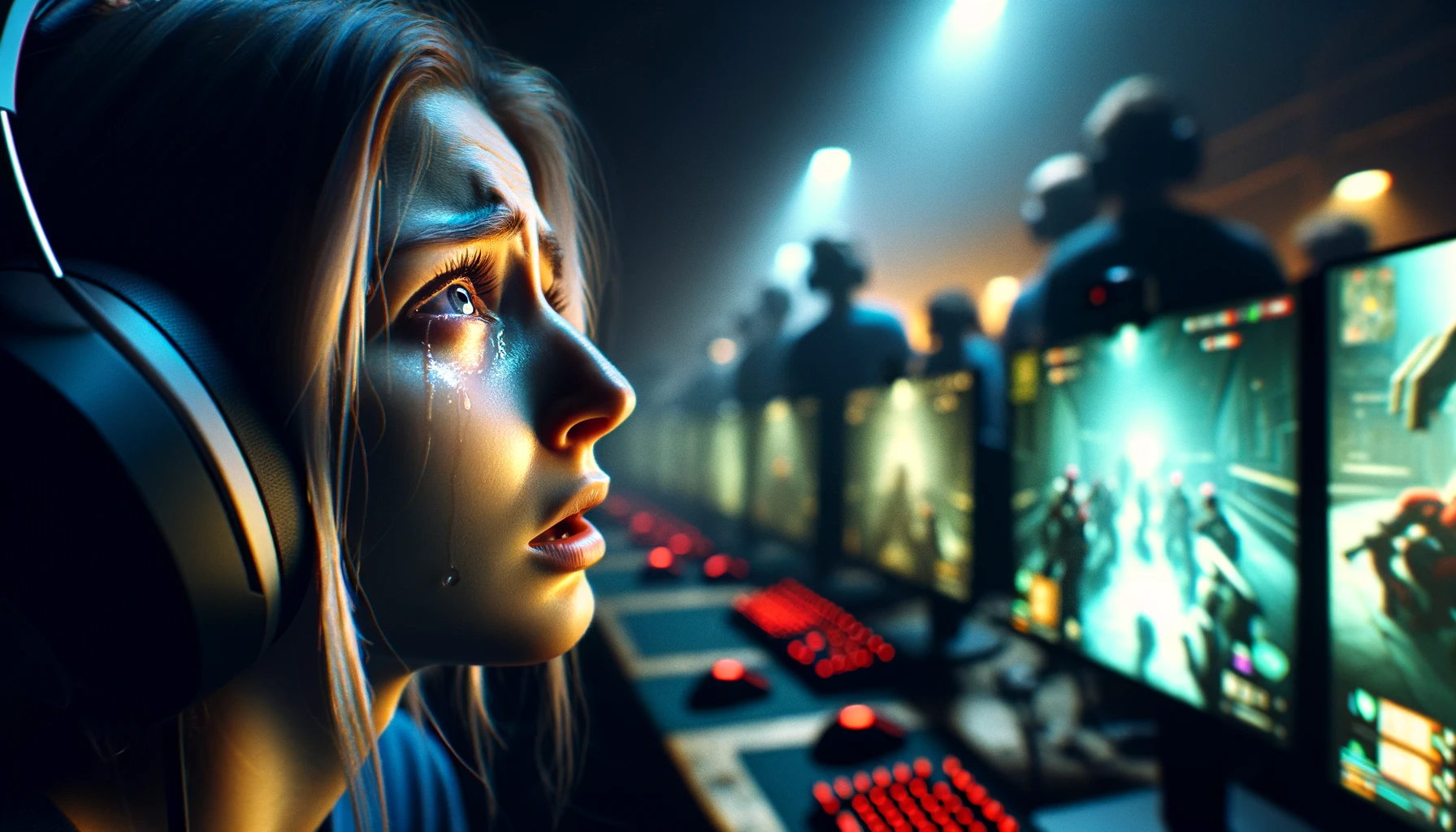In the world of competitive gaming, skill and strategy often steal the spotlight. We marvel at the lightning-fast reflexes, precise aim, and creative tactics of professional players. But beneath the surface, another factor drives success — psychology. The difference between a good player and a champion isn’t just in their hands; it’s in their mind.
Let’s explore the psychological traits, habits, and mindsets that separate the best from the rest in esports and competitive gaming.
1. Mental Resilience: The Core of a Champion
Every player faces losing streaks, bad teammates, or unlucky matches. What defines a true competitor is how they respond to these challenges.
Mental resilience — the ability to stay calm, recover quickly, and keep confidence high — is a champion’s strongest weapon.
Top players view failure not as defeat but as feedback. They analyze their losses, identify patterns, and treat every setback as a lesson. This “growth mindset” allows them to improve consistently, while others give up in frustration.Visit (무료슬롯) for more details.
In contrast, players who let emotions take control often tilt — becoming angry, careless, or overly aggressive. Resilient players stay composed and perform steadily, even under pressure.
2. Focus and Flow State
When a gamer is “in the zone,” time seems to vanish, movements feel effortless, and every decision flows naturally. Psychologists call this the flow state — a mental zone of total immersion.
Achieving flow requires:
-
Clear goals (knowing what you’re aiming for in every match)
-
Immediate feedback (seeing the results of your actions instantly)
-
Balance between challenge and skill (not too easy, not too hard)
Professional players train themselves to reach flow quickly. They eliminate distractions, use routines, and keep their environment optimized. This mental focus allows them to perform at peak efficiency during tournaments.
3. Emotional Control and Tilt Management
Even the best players can get frustrated. Missing shots, lag spikes, or toxic teammates can easily throw off focus.
What separates professionals is emotional control.
Pro gamers practice tilt management — recognizing the signs of frustration early and using strategies to reset. This could mean taking a short break, deep breathing, or mentally reframing the situation.
For example, rather than thinking, “I’m playing terribly,” a champion thinks, “That round didn’t go my way, but I can adapt.”
This subtle shift in mindset prevents small mistakes from snowballing into full-blown losses.
4. Confidence Without Ego
Confidence is essential in competition, but ego can be destructive. True champions strike a balance — they believe in their skill without underestimating opponents.
Overconfidence often leads to sloppy plays or unnecessary risks, while low confidence causes hesitation. Pro players stay grounded by trusting their preparation. They know they’ve trained for this moment, but they also respect the skill of others.
Confidence also fuels consistency. When you trust your instincts and mechanics, you perform naturally — without overthinking or doubting every move.
5. Team Dynamics and Communication
In team-based games like Valorant, League of Legends, or Overwatch, psychology extends beyond the individual. Champions master the psychology of teamwork.
Effective teams thrive on:
-
Clear communication (concise callouts, sharing information fast)
-
Trust (believing your teammates will do their part)
-
Accountability (owning mistakes without blaming others)
Many esports teams even hire sports psychologists to build stronger team chemistry. When morale drops or conflicts arise, communication keeps teams focused on their shared goal — victory.
6. Adaptability and Game IQ
A champion’s mindset is flexible. When strategies fail, they don’t panic — they adapt. This psychological agility separates pros from amateurs who stick to one tactic no matter what.
Adaptable players remain calm during chaos, adjusting positioning, weapon choices, or team strategies mid-game. They also maintain high game IQ — understanding the deeper layers of decision-making, such as enemy tendencies, timing, and map control.
This blend of awareness and flexibility allows champions to stay one step ahead, even in unpredictable situations.
7. Discipline and Routine
Mental strength isn’t built overnight. Esports champions treat gaming like a sport — with structured routines, consistent practice, and healthy habits.
They follow daily warm-ups, schedule breaks to prevent burnout, and balance their lifestyle with proper sleep and nutrition. This discipline builds not just mechanical skill, but mental clarity and endurance.
Many pros also incorporate mindfulness techniques, such as meditation or visualization, to sharpen focus and manage stress during high-pressure matches.
8. The Role of Pressure
Pressure reveals character. In championship finals or clutch 1v1 situations, adrenaline can either elevate performance or destroy it.
Champions embrace pressure instead of fearing it. They interpret the rush of adrenaline as excitement, not anxiety — a mental trick backed by sports psychology. By reframing stress as a positive force, they turn nerves into motivation.
Conclusion: The Mind Is the Ultimate Weapon
In competitive gaming, the mental game is just as crucial as the mechanical one. A champion’s mindset blends resilience, focus, emotional control, and adaptability — all sharpened through discipline and experience.Visit (무료슬롯) for more details.
Anyone can learn these skills. You don’t need to be a pro to think like one. Start by controlling tilt, staying consistent, and treating losses as lessons. Over time, you’ll notice a shift — not just in your performance, but in your confidence.
The greatest esports champions aren’t just faster or smarter — they’re mentally tougher. And that’s what makes them truly unstoppable.
